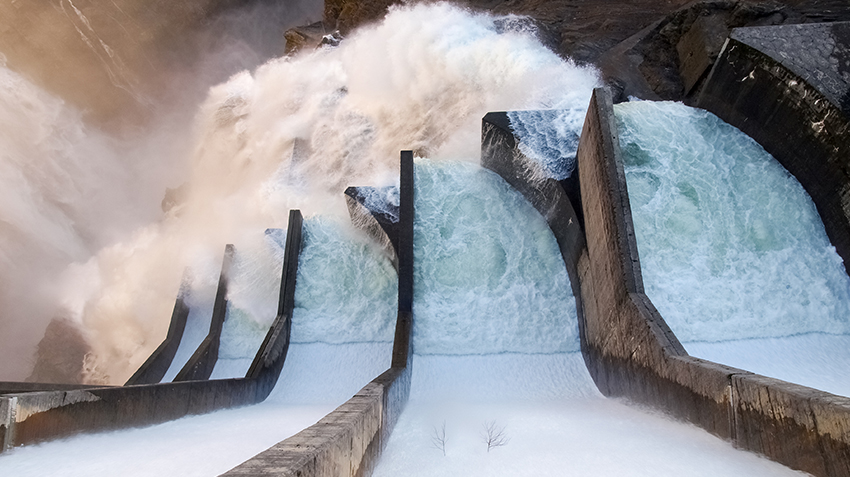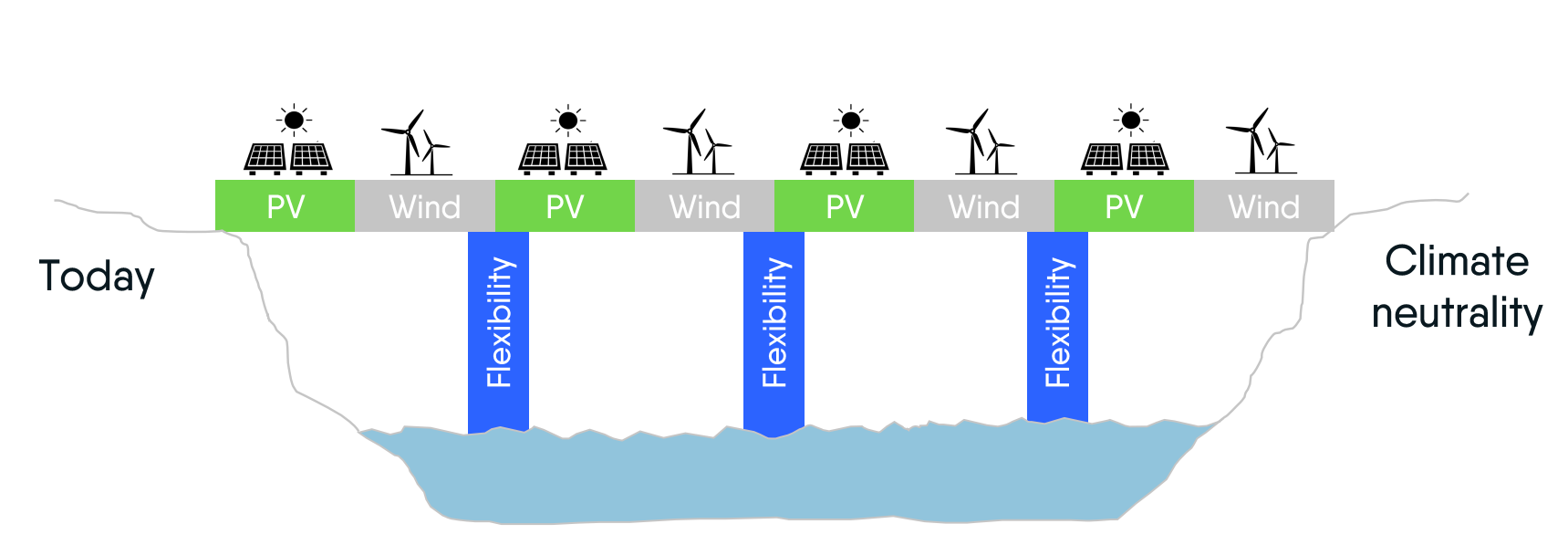The Way of Water: five untold benefits of hydropower

In our first story on hydropower we said: “when the sun doesn’t shine and the wind doesn’t blow, water keeps flowing”. This statement holds true today, but will it in the future? Summer 2022 was one of the driest on record in the EU, with severe droughts spreading across several countries. Such extreme weather impacted hydropower and nuclear production as water levels used for power generation and reactors’ cooling reached historical lows.
As devastating events will become more and more frequent in the future, safeguarding our water supplies has become a priority for the EU. The European Commission’s President, Ursula von der Leyen, declared in her 2023 State of the Union Speech the launch of a Water Initiative as part of its 2024 work programme to strengthen the continent’s water resilience and improve the management of this precious resource vis-à-vis climate change. Europe’s hydropower sector stands ready to play its contribution given the potential of hydropower in climate mitigation and adaptation.
Yet, this renewable energy source yields several benefits which are often left behind when evaluating this technology. Acknowledging such benefits is the first step to establishing a stable EU legislative framework to bolster long-term visibility and investor confidence – crucial for large capital-intensive investments in hydropower, as detailed in Eurelectric’s third hydropower short story.
Breaking open hydropower’s potential
We often think of hydropower in terms of its flexibility potential. Run-of-river and reservoir hydropower and pumped storage plants generate and store energy to complement variable wind and solar generation. This contributes to matching electricity demand and supply at times of too low or high wind and solar output, leading to greater stability of the overall power system and ensuring security of supply. Today, hydropower remains the second-largest renewable energy source in the EU after wind, producing around 375 terawatt-hours (TWh) of electricity per year and providing 90% of its storage capacity with its pumped storage technology.

Investing in hydropower is quite a solid business case, shows Eurelectric’s hydropower narrative. Hydro plants have in fact an outstanding lifetime of up to 100 years compared to 20 years for wind turbines and 40 years for solar panels. It also comes with the lowest levelised cost of electricity (LCOE) value – which measures the lifetime costs of building and operating a power plant divided by energy production– of all power generation technologies. As a mature technology, hydropower boasts the highest energy payback ratio since the power it produces is more than 200 times higher than the energy needed for building, operating, maintaining and decommissioning the plant.
Yet, the power of water provides additional benefits for Europe’s industry, climate, nature and society at large, beyond its flexibility potential and significant contribution to climate mitigation.
-
Industry
To begin with, water stored in hydropower reservoirs and released for electricity generation can be used in various industrial processes including manufacturing, cooling and processing.
-
Agriculture
Secondly, hydropower also supports agricultural activities by supplying water for irrigation. Controlled releases of water from reservoirs can ensure crop yield and contribute to greater food security.
-
Society
Beyond industrial and agricultural uses, many hydropower plants and their associated reservoirs provide drinking water and create picturesque landscapes that promote tourism. They also offer opportunities for recreational activities like swimming, sailing and surfing.
-
Climate
Beyond its very low carbon-footprint, hydropower plays a significant role in climate change adaptation. Water releases can be managed to mitigate floods and droughts for the sake of society, industry and natural ecosystems. During wildfires, hydropower reservoirs can serve as a water source for firefighting efforts. In addition, river discharges can be adapted to ensure navigable water ways, which reduces reliance on road transport thereby leading to cost savings and lower road emissions.
-
Nature
As detailed in our second hydro story, hydropower coupled with innovative nature-friendly practices can have a positive net impact on nature conservation and restoration. Efforts to both minimise environmental impact and restore biodiversity have resulted in the creation of habitats for endangered flora and fauna, turning in some cases into nature reserves as shown in our PowerPlant project.
It’s high time to recognise hydropower’s potential for Europe’s decarbonisation and society as a whole. The EU Water Initiative should open up discussion around the impact of climate change. With these short stories, we have provided some first insights on this and hope to see the Commission take up the initiative to further harness the full potential of hydropower in the EU.
